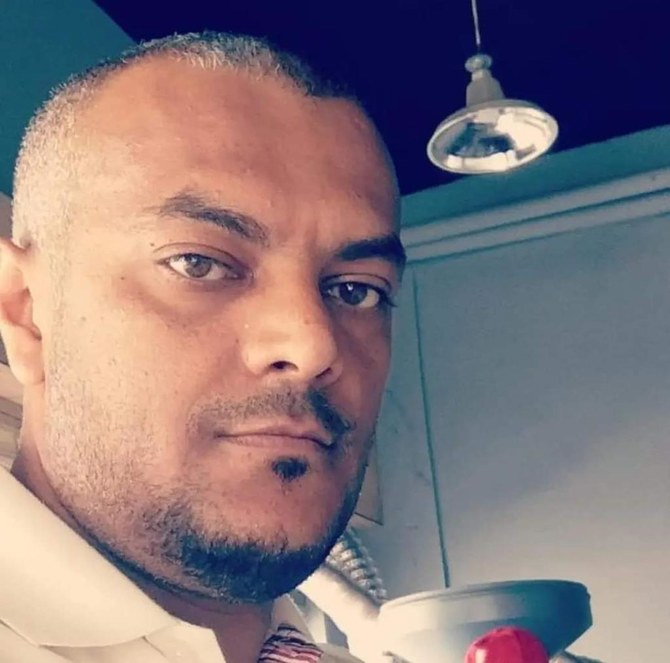AL-MUKALLA: The UN has demanded that the Iran-backed Houthis provide an explanation for the death of a Yemeni national working for an international aid organization.
David Gressly, the UN’s resident and humanitarian coordinator for Yemen, expressed his sadness on Saturday over the death in Houthi detention of Hisham Al-Hakimi, the security and safety director at the international charity Save the Children, calling on the militia to share the reasons for the worker’s death with the UN and its partners.
Gressly said in a statement that the bodies “are very concerned by the limited information available regarding Mr. Al-Hakimi’s death.”
He added: “I call on the Sanaa authorities to provide complete and timely information regarding the circumstances that led to his death.”
Save the Children suspended its operations in Houthi-controlled areas last week to put pressure on the Yemeni militia to investigate the death of Al-Hakimi.
The organization said in a statement that the Houthis arbitrarily kidnapped the 44-year-old worker in September and refused to impart information to the organization or his family regarding his whereabouts or the reason for detaining him.
Yemeni media reports and activists said that the Houthis kidnapped the worker from his home in Sanaa and threatened to harm his family if members talked to the media.
Gressly also said that the Houthis were still holding three UN employees, two of whom were kidnapped in November 2021 and the third in August 2023, and urged the militia to allow their families to see them.
He said: “I call on the Sanaa authorities to provide full information on their circumstances as well as visitation access.”
Al-Hakimi’s death has prompted condemnation and calls from local and international rights groups and activists, as well as the government, for the Houthis to release abducted aid workers, and cease intimidating organizations that provide lifesaving humanitarian assistance to millions of Yemenis.
The Geneva-based SAM Organization for Rights and Liberties has cautioned about the effect of Houthi operations in Yemen against foreign organizations, adding that the Houthis have used its security and justice institutions to harass charity workers.
It said in a statement: “The Houthi group has continued to harass humanitarian workers in Yemen and to undertake systematic repression against them, as it previously mandated a male guardian as a condition of mobility for female relief workers.”
Abductees’ Mothers Association, an umbrella organization representing thousands of female family members of civilian war captives, criticized the Houthis for raiding the homes of aid workers and then abducting them.
The Yemeni organization said in a statement: “The association condemns and denounces all practices and violations against humanitarian aid workers, including abductions, home raids, and assassinations, as well as any practices that could harm or affect the lives of organization workers and restrict their relief work, which meets the needs of many Yemenis.”
Human rights activists in Yemen have warned that the three UN workers held by the Houthis could be killed, citing the militia’s violent history of murdering prisoners.
“The Houthi detention is a death sentence,” Riyadh Al-Dubae, a human rights activist, said on X, while criticizing the UN and other international organizations for failing to name and shame the militia for its violations of human rights.
“This humiliation to which international organizations and local employees are exposed is caused, first and foremost, by their leniency and disregard for all the actions of the Houthis,” Al-Dubae added.


























